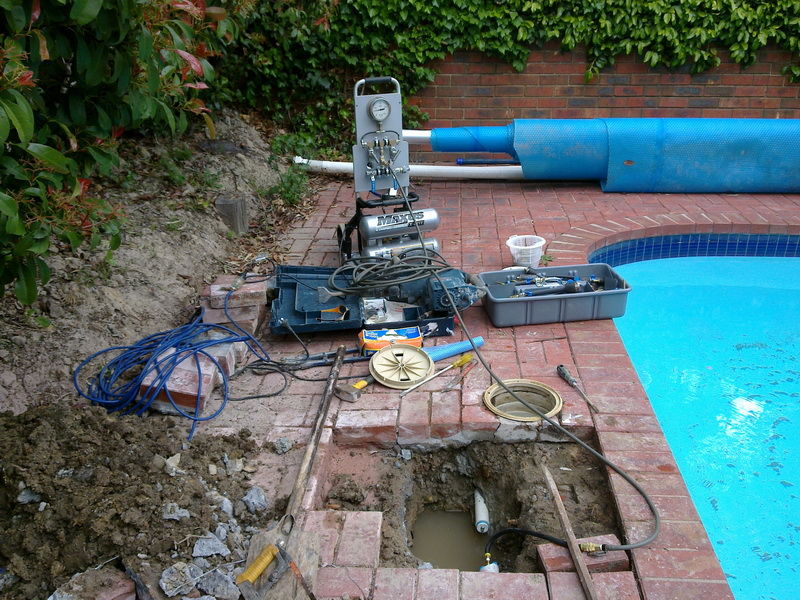Cleaning your swimming pool is vital for various reasons, which range from maintaining water quality and safety to preserving the longevity of pool equipment. Here are some key reasons highlighting the importance of regularly cleaning your pool:
Water Quality:
Health and Safety: Regular cleaning helps maintain proper chemical balance in the water, avoiding the growth of harmful bacteria and pathogens that can pose health threats to swimmers.
Algae Prevention: Cleaning and scrubbing pool surfaces inhibit the growth of algae, which can make the water unsightly and slippery.
Preventing Contamination:

Debris Removal: Routine cleaning removes leaves, twigs, insects, along with other debris that can accumulate in the pool, preventing contamination and maintaining water clarity.
Sunscreen and Oils: Swimmer contaminants such as for example sunscreen, body oils, and sweat could be removed through regular cleaning, avoiding the formation of scum lines and maintaining water quality.
Equipment Efficiency:
Pump and Filter Performance: Regular cleaning of skimmer baskets, pump strainers, and pool filters ensures optimized performance, preventing clogs and reducing strain on the pool's circulation system.
Preventing Blockages: Clearing debris from pool drains and skimmers prevents blockages, that may result in inefficient water circulation and potential equipment damage.
More help and Enjoyment:
Aesthetic Appeal: Clean, clear water enhances the visual appeal of your pool, rendering it more inviting and enjoyable for swimmers.
Stain Prevention: Regular cleaning aids in preventing the buildup of stains on pool surfaces, preserving the aesthetic quality of the pool.
Cost Savings:
Preventing Equipment Damage: Cleaning and maintaining the pool regularly can prevent damage to the pool's infrastructure, including pumps, filters, and heaters, potentially saving on costly repairs or replacements.
Chemical Efficiency: A clean pool requires fewer chemicals for maintenance, leading to cost savings over time.
Longevity of Pool Structure:
Preventing Corrosion: Regular cleaning aids in preventing corrosion and deterioration of pool surfaces, tiles, and grout, extending the lifespan of your pool.
Tile and Surface Maintenance: Cleaning and brushing pool surfaces avoid the buildup of scale and calcium deposits, preserving the integrity of tiles and finishes.
Compliance with Regulations:
Health Standards: Regular cleaning and maintenance help make sure that your pool meets health and safety standards, keeping you in compliance with local regulations and preventing potential legalities.
Reducing the chance of Waterborne Illness:
Pathogen Control: Proper cleaning and sanitation reduce the risk of waterborne illnesses through the elimination of or controlling the growth of bacteria, viruses, and other pathogens in the pool water.
Enhanced Filtration:
Efficient Filtration: Clean pool filters function better, effectively removing impurities and ensuring that the water circulates through the filtering properly.
Satisfaction:
Swimmer Confidence: Regularly cleaned and well-maintained pools provide swimmers confidently in the water, realizing that the pool is safe, sanitary, and visually appealing.
In summary, regular cleaning is crucial for maintaining water quality, preventing equipment damage, and ensuring the overall safety and enjoyment of one's swimming pool. It's an investment in the longevity and performance of your pool, plus the well-being of those who use it.
